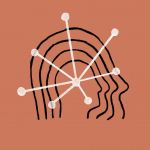AI prosthetic from Canada analyzes objects and decides how to grasp them
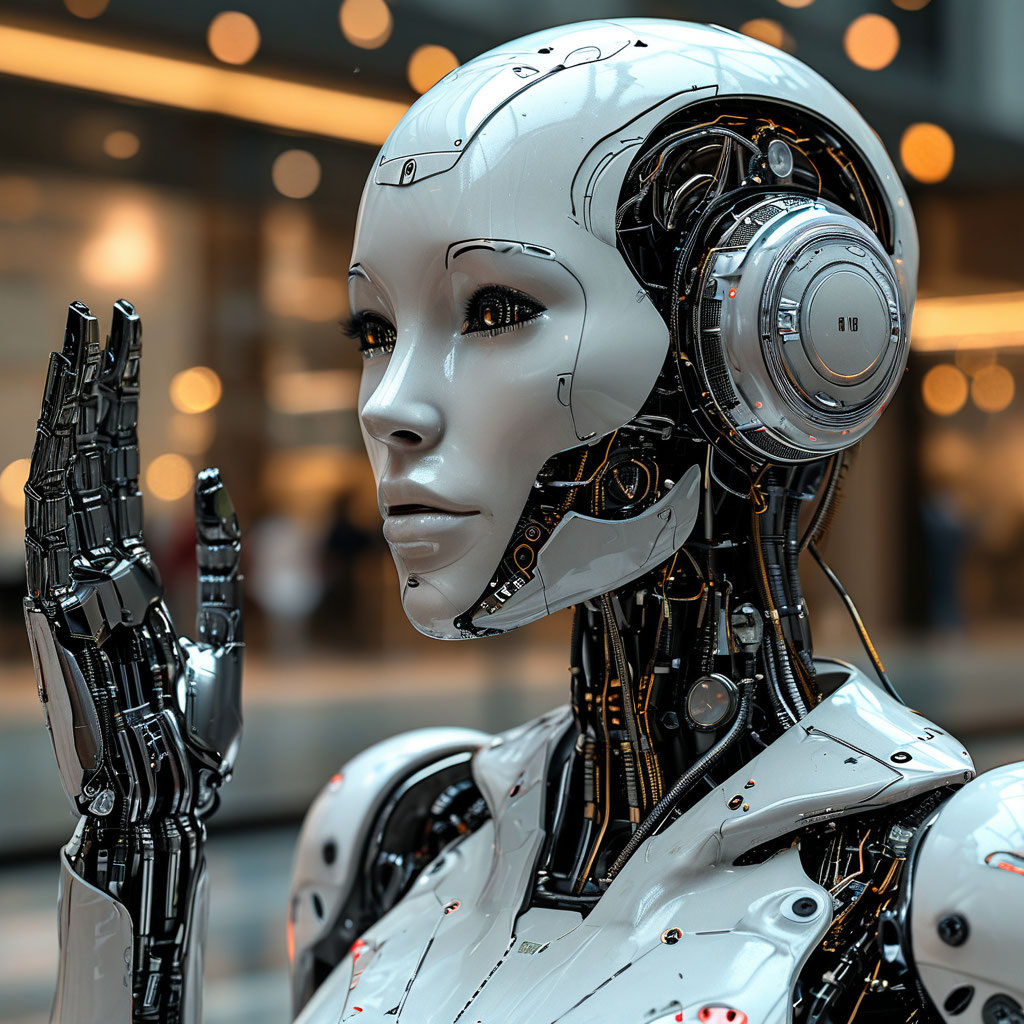
Artificial intelligence gives prosthetics independence! Scientists from Memorial University of Newfoundland created a revolutionary arm prosthetic that literally “thinks” for itself. Unlike traditional models that require reading muscle signals through sensors, the new device is completely autonomous.
Imagine. The user simply needs to bring their hand close to an object, and the built-in camera and neural network do everything else! The artificial intelligence analyzes the object in real time. Then makes a decision about the type of grip and necessary force. The model training was conducted on video recordings of the prototype’s interaction with various objects – from water bottles to ping-pong balls.
The results are impressive. The system correctly grasps 95% of objects. Including those it never saw during training. Co-author of the development Xianta Jiang emphasizes that such an approach makes prosthetic use intuitive and reliable. People will be able to perform everyday actions. Lift cups, open doors. And all this naturally and without the need to concentrate on every movement.
AIvengo >
Reviews >
AI prosthetic from Canada analyzes objects and decides how to grasp them
Почитать из последнего
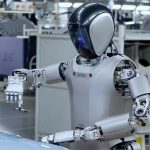
UBTech will send Walker S2 robots to serve on China's border for $37 million
Chinese company UBTech won a contract for $37 million. And will send humanoid robots Walker S2 to serve on China's border with Vietnam. South China Morning Post reports that the robots will interact with tourists and staff, perform logistics operations, inspect cargo and patrol the area. And characteristically — they can independently change their battery.
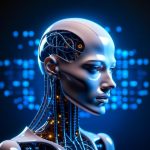
AI chatbots generate content that exacerbates eating disorders
A joint study by Stanford University and the Center for Democracy and Technology showed a disturbing picture. Chatbots with artificial intelligence pose a serious risk to people with eating disorders. Scientists warn that neural networks hand out harmful advice about diets. They suggest ways to hide the disorder and generate "inspiring weight loss content" that worsens the problem.
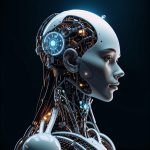
OpenAGI released the Lux model that overtakes Google and OpenAI
Startup OpenAGI released the Lux model for computer control and claims this is a breakthrough. According to benchmarks, the model overtakes analogues from Google, OpenAI and Anthropic by a whole generation. Moreover, it works faster. About 1 second per step instead of 3 seconds for competitors. And 10 times cheaper in cost per processing 1 token.



